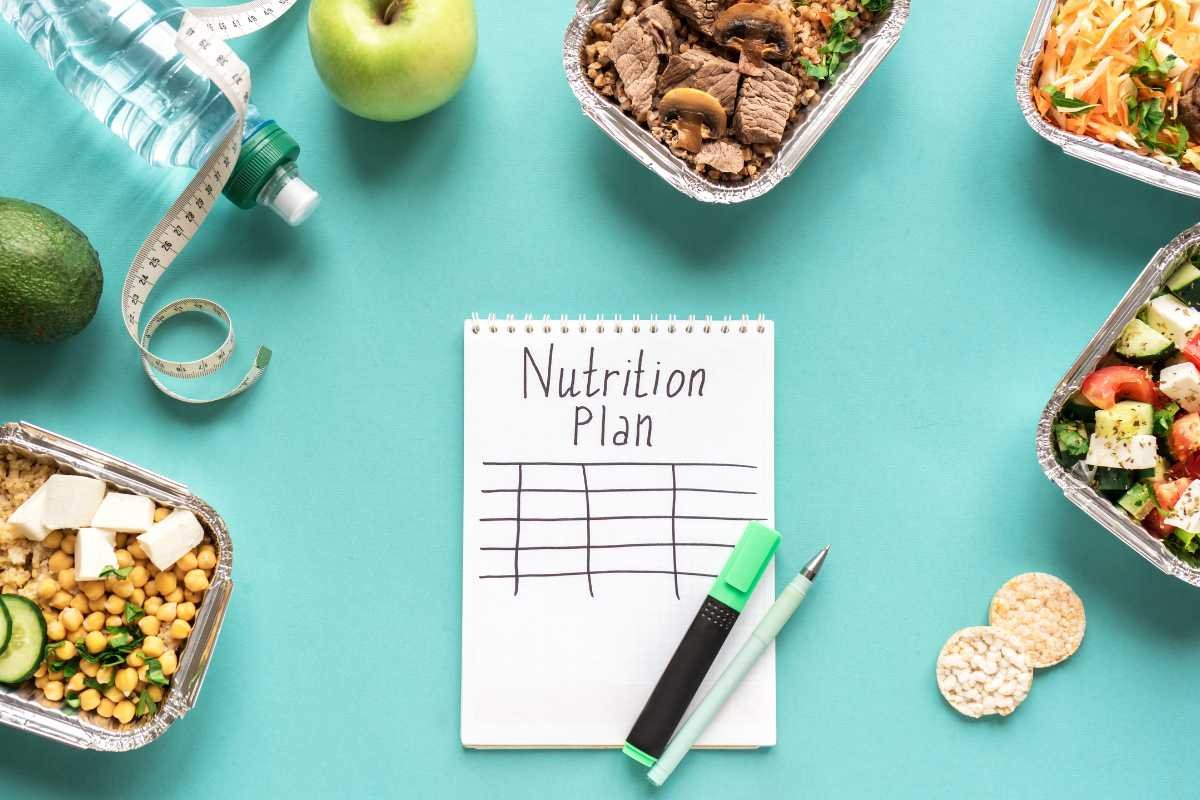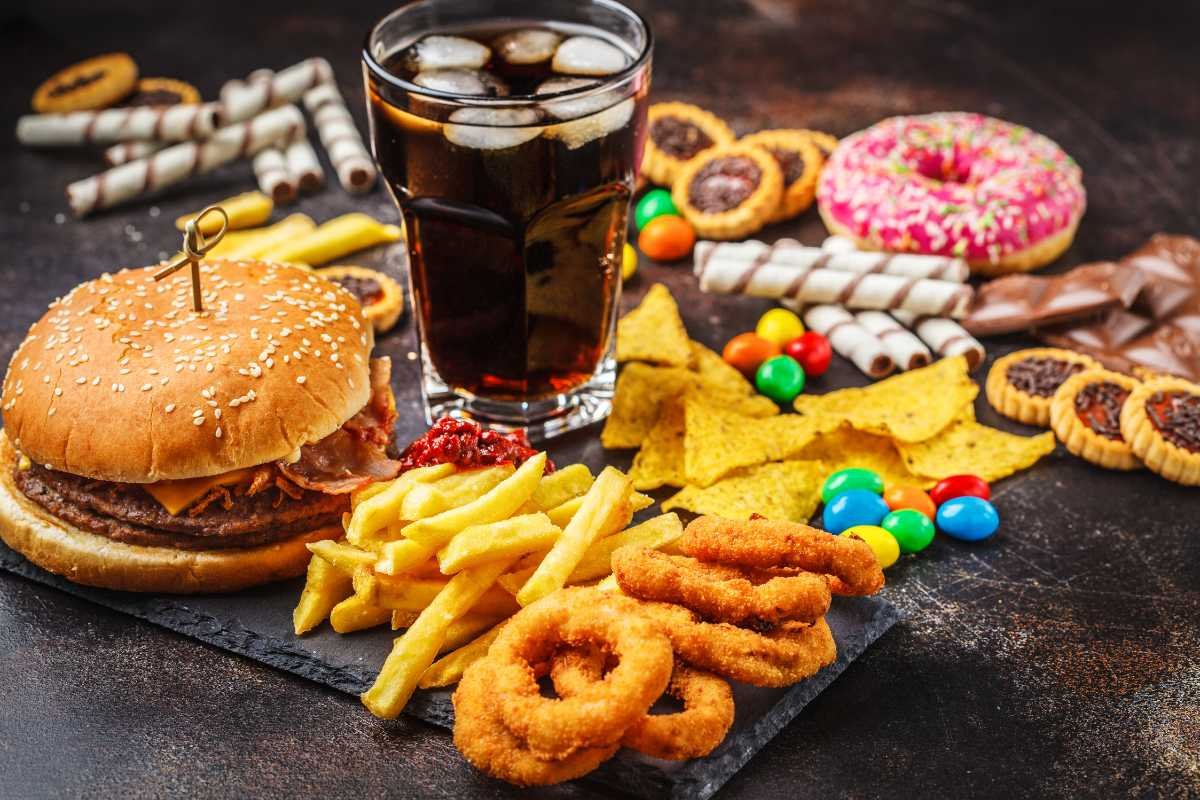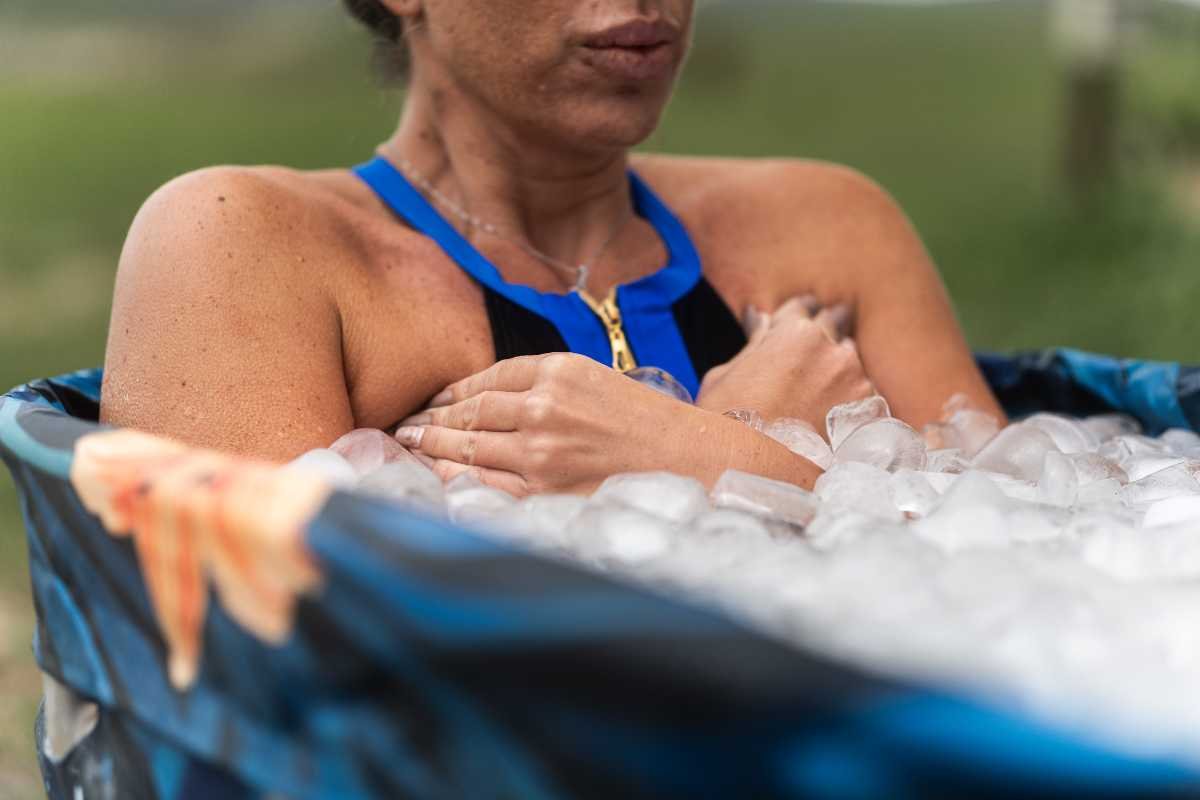Nutrition Tips and Recovery Foods for Athletes

- Source: Image by Mizina from Getty Images
Your body needs proper care to recover and rebuild after an intense workout. When athletes train hard, their muscles go through tears and stress. To recover properly, the body needs the right nutrients. Recovery foods for athletes play an important role in repairing muscles, reducing soreness, and restoring energy. Without proper post-workout nutrition, recovery slows down, and performance can drop. Eating a mix of protein, healthy fats, and carbs helps athletes get ready for their next session. In this article, we will explore the best recovery foods for athletes, non-dietary muscle relief tips, foods to avoid after exercise, and other helpful recovery strategies.
10 Best Recovery Foods for Athletes

1. Eggs
- Eggs are rich in high-quality protein and essential amino acids, which aid in muscle repair.
- The healthy fats in eggs also reduce post-workout inflammation.
 Tip: Eat 2–3 boiled eggs or make a veggie-loaded omelet for a protein-packed recovery meal.
Tip: Eat 2–3 boiled eggs or make a veggie-loaded omelet for a protein-packed recovery meal.2. Greek Yogurt with Berries
- Greek yogurt contains double the protein of regular yogurt, making it excellent for muscle recovery.
- Berries (blueberries, raspberries) are packed with antioxidants that reduce inflammation.
 Tip: Add a handful of berries to a bowl of Greek yogurt for a nutrient-rich snack.
Tip: Add a handful of berries to a bowl of Greek yogurt for a nutrient-rich snack.3. Salmon
- Salmon is a powerhouse of omega-3 fatty acids, which reduce muscle inflammation.
- It also provides lean protein for faster muscle repair.
 Tip: Pair grilled salmon with quinoa or brown rice for a balanced recovery meal.
Tip: Pair grilled salmon with quinoa or brown rice for a balanced recovery meal.4. Sweet Potatoes
- Rich in complex carbs, sweet potatoes help replenish depleted glycogen stores.
- They also provide essential potassium for muscle function.
 Tip: Enjoy roasted sweet potatoes with a sprinkle of sea salt post-workout.
Tip: Enjoy roasted sweet potatoes with a sprinkle of sea salt post-workout.5. Bananas
- Bananas are a quick source of natural sugars and potassium, which prevent muscle cramps.
- They also restore lost electrolytes.
 Tip: Eat a banana with peanut butter for a balanced post-workout snack.
Tip: Eat a banana with peanut butter for a balanced post-workout snack.6. Cottage Cheese
- Cottage cheese is high in casein protein, which slowly releases amino acids, promoting overnight muscle recovery.
- It also contains calcium for stronger bones.
 Tip: Eat it as a snack or add it to your salad.
Tip: Eat it as a snack or add it to your salad.7. Spinach
- Spinach is rich in iron and magnesium, which reduces muscle fatigue.
- Its anti-inflammatory properties promote faster recovery.
 Tip: Add spinach to salads, smoothies, or scrambled eggs.
Tip: Add spinach to salads, smoothies, or scrambled eggs.8. Tart Cherry Juice
- This juice contains antioxidants and anti-inflammatory compounds that reduce muscle soreness.
 Tip: Drink a small glass post-workout for effective recovery.
Tip: Drink a small glass post-workout for effective recovery.9. Whole Grain Bread with Peanut Butter
- Whole grains offer complex carbs for energy restoration.
- Peanut butter provides healthy fats and protein.
 Tip: Spread peanut butter on whole-grain bread for a quick recovery snack.
Tip: Spread peanut butter on whole-grain bread for a quick recovery snack.10. Protein Shakes
- Protein shakes offer a quick and convenient source of amino acids for muscle repair.
- Choose shakes with whey or plant-based protein for optimal benefits.
 Tip: Drink a protein shake within 30 minutes of finishing your workout.
Tip: Drink a protein shake within 30 minutes of finishing your workout.Learn More: Best Way to Take Creatine that Maximize Benefits
Nondietary Tips to Relieve Sore Muscles
While recovery foods for athletes play a major role, non-dietary tips can also speed up muscle recovery. Here are some effective strategies:
1. Get Quality Sleep
- During sleep, your body repairs damaged muscle tissues.
- Aim for 7–9 hours of quality sleep each night.
2. Stay Hydrated
- Drinking water flushes out toxins and reduces inflammation.
- Drink at least 2–3 liters of water daily, especially after intense workouts.
3. Stretch and Cool Down
- Gentle stretching helps release muscle tension.
- Always spend 5–10 minutes cooling down after exercise.
4. Use Heat or Ice Therapy
- Apply ice packs to reduce swelling and inflammation.
- Use heat pads to relax stiff muscles.
5. Massage or Foam Rolling
- Massage improves blood flow, speeding up recovery.
- Foam rolling helps release muscle knots and tension.
Learn More: Best body-building meals to increase your muscle
Foods to Avoid After Working Out

1. Sugary Snacks and Desserts
- Refined sugar causes inflammation and slows muscle repair.
- Avoid candies, pastries, and sugary cereals.
2. Fried and Greasy Foods
- Greasy foods delay digestion and reduce nutrient absorption.
- Skip fries, burgers, and chips after your workout.
3. Alcohol
- Alcohol dehydrates the body and impairs muscle recovery.
- Avoid drinking post-workout.
4. Processed Meats
- High-sodium processed meats cause water retention and increase inflammation.
- Skip bacon, sausages, and deli meats.
5. Carbonated Drinks
- Sodas and energy drinks contain high sugar and artificial ingredients.
- They cause dehydration and slow down muscle recovery.
Other Muscle Recovery Tips for Athletes

1. Active Recovery
- Do low-intensity exercises like walking or swimming on rest days.
- This boosts blood circulation and reduces stiffness.
2. Compression Clothing
- Wearing compression garments improves blood flow and reduces muscle soreness.
- Use compression sleeves or shorts after workouts.
3. Electrolyte Replenishment
- Sweating causes electrolyte loss.
- Drink electrolyte-rich drinks (coconut water or sports drinks) post-workout.
4. Cold Showers or Ice Baths
- Cold exposure reduces inflammation and muscle pain.
- Take a 10-minute cold shower or ice bath after training.
5. Rest Days
- Your muscles need time to heal.
- Take 1–2 rest days per week for proper recovery.
Learn More: Fueling Gains: Unlocking the Power of a Vegetarian Diet for Bodybuilding
Conclusion
For athletes, recovery is just as important as training itself. By including the right recovery foods for athletes like eggs, salmon, and Greek yogurt, you can reduce muscle soreness, promote repair, and boost performance. Combining dietary recovery with hydration, sleep, and proper stretching ensures your body stays strong and injury-free.